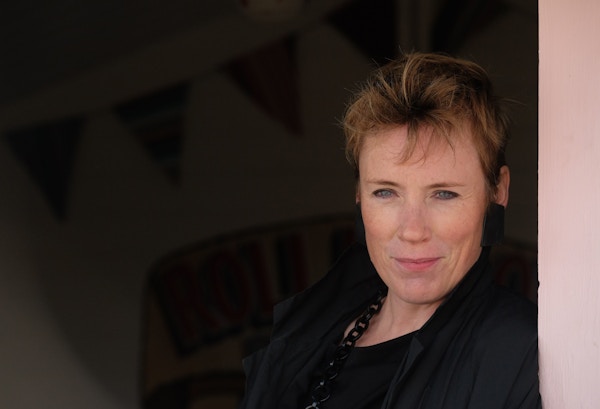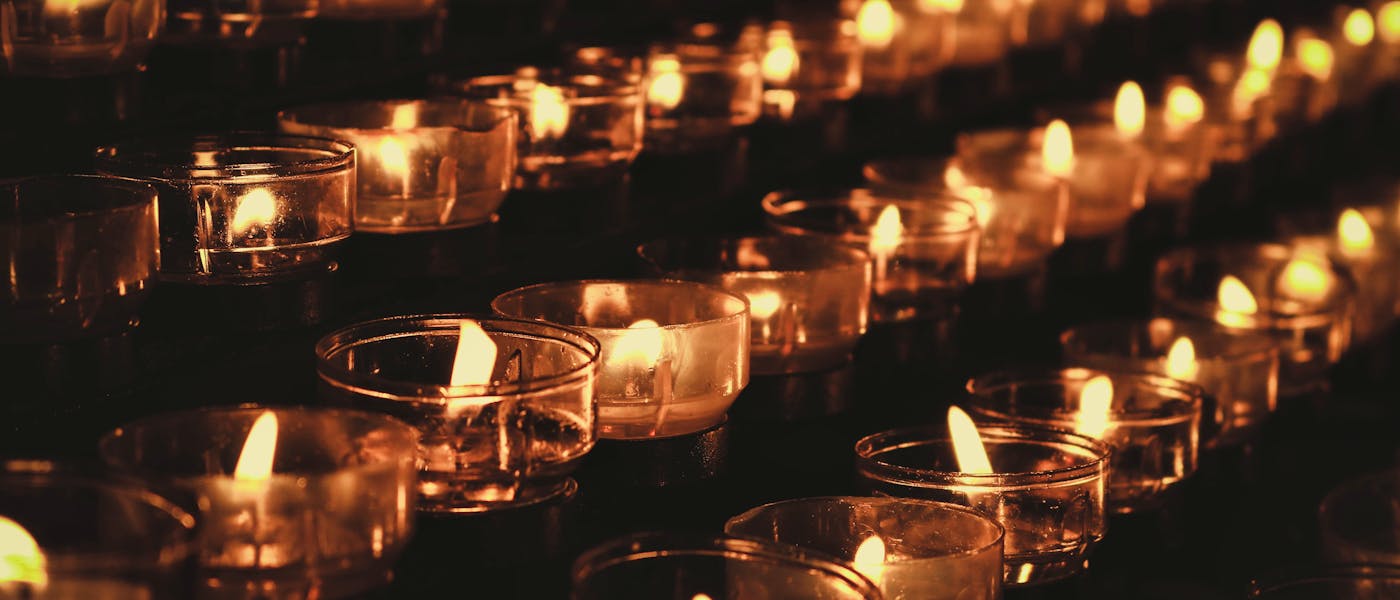Another topic, however, that has long been close to Harriet’s heart is one that often goes undiscussed but which, at some point, will affect us all: grief. Having lost her parents at a very young age, Harriet has reflected a great deal on what grief means to each of us and how to smooth the process. With this in mind, she launched the The Death Book, a diary for one's death wishes. Created to help you organise the aftermath to perfection, using it ensures your nearest and dearest know exactly what will follow your demise according to your wishes. As anyone who has ever experienced the loss of someone close knows, it is a strange time whose landscape is cut through with logistical and administrative mountains to scale – just at the moment that you feel at your lowest. The book is designed to soften the blow for those left behind – and even leaves space for ‘the soppy stuff’ amongst the practical. Want people to wear all the colours of the rainbow to your funeral and play you out to your favourite heavy metal band/ reggae tune/ film score/ you name it, then this is the place to let them know in detail.

In light of Grief Awareness week, this December Harriet urges us to speak more to our nearest and dearest about the hard stuff and to make grief and death a less taboo topic. Here she shares all she has learned about grief.
- Losing my parents so young, as well as various friends and other family members, has taught me not to sweat the small stuff. Yes, your carpets need replacing, your child may need to step up at school and the train is delayed. But, really, life is fleeting and some things that raise the blood pressure really aren't worth it in the end.
- When you do encounter death, you find out who your real friends are; the ones who check in, who ask how you are, who allow you to get it all off your chest. If, on the other hand, you are the friend wondering how to offer solace to the bereaved or worrying that you’ll stumble over your words, know that no one has the perfect panacea because it doesn’t exist: just being there and acknowledging their loss is enough. And it is miles better than silence.
- You never stop missing the person who has left, but you get used to them not being around. It feels impossible at first, but what everyone says really is true: it does become easier with time as your life rebuilds and adapts around their loss.
- Having experienced death, it is important to me that I always make sure my loved ones know they’re loved. Perhaps not always in the traditional way, but I make it known. It is so important – after all, love is the other side of grief. We only grieve because we have loved.
- Life would be much easier if we talked about death more. You don’t need to dwell unduly on it, of course, but expressing our wishes and then changing the subject will make the inevitable that much easier. It shouldn’t be such a taboo subject: like taxes, death is inevitable, as is the admin that goes with it. Having a ‘good’ death is the last privilege or piece of luck of one’s life. Do, then, ensure that the good ending to yours or a loved one’s story is made equally so for those around you who, with the right information, will be able to take the guess work out of ensuring your last wishes have been met.
Buy The Death Book here.
If you are experiencing grief and looking for support, do visit The Good Grief Trust for advice.
By Harriet Inglis
December 2023




